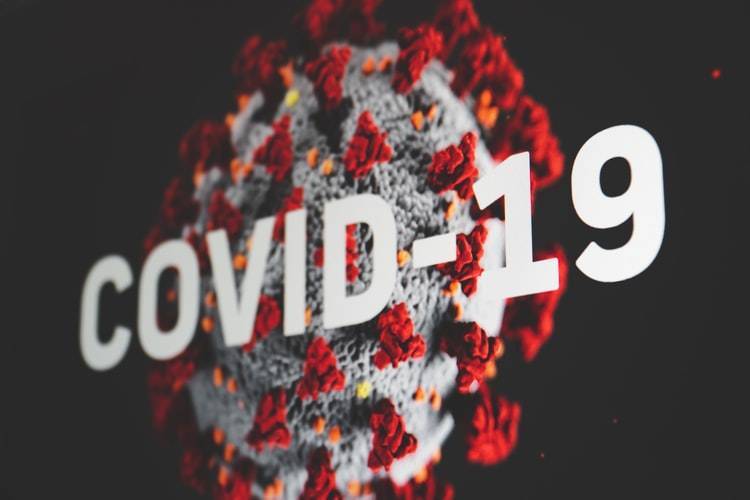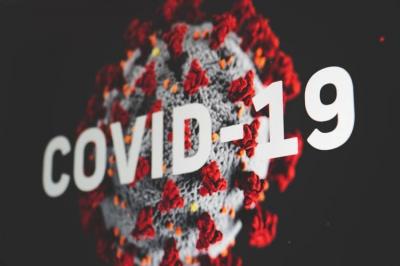Under the title "Finally, Scientists Reveal the Secret: How Do COVID Variants Escape the Body's Immunity?", the Al Arabiya site published a report on the rapidly spreading mutated strains of the Coronavirus. These mutations or variants have changes that help the virus escape defenses represented by the immune system, both those developed naturally in the body and those acquired through vaccination, as reported by Medical Express based on the journal Science.
**Escape from Antibodies**
A new study conducted by scientists at the Scripps Research Institute in collaboration with researchers from Germany and the Netherlands revealed essential details regarding how the mutated strains of the Coronavirus manage to evade the immune system. The team of scientists, led by Professor Ian Wilson, a professor of structural biology and head of the Department of Structural and Computational Biology at the Scripps Research Institute, used structural biology techniques to map in high resolution how important classes of neutralizing antibodies interact with the original pandemic strain of COVID-19 and how the body’s resistance is disrupted by the mutations present in new variants that appeared in Brazil, the UK, South Africa, and India.
**Receptor Binding Sites**
The research also highlights that many of these mutations cluster at what is known as the "receptor binding site," which is a protein spike of the virus, while other sites on the receptor-binding domain remain unaffected. Co-author of the study, Professor Meng Yuan, stated that "one implication of this study is that when designing next-generation vaccines and antibody treatments, there should be increased focus on other sites of the virus that tend to be unaffected by the mutations present in variants of concern."
**Variants of Concern**
The concerning mutations in the SARS-CoV-2 virus include the British variant B.1.1.7, the South African variant B.1.351, the Brazilian variant P.1, and the Indian variant B.1.617. Some of these variants appear to be more capable of spreading and infecting than the original Wuhan strain. Recent studies have found that the antibody responses generated from natural infection with the original strain or through vaccination are less effective at neutralizing these mutated strains.
The team of scientists found it urgent to discover the reason behind the ability of mutated variants to spread and cause illness - possibly in some cases, despite vaccination - and how these variants manage to escape much of the immune response previously present in the body, including the antibody response.
**Three Mutations and Structural Imaging Techniques**
The scientists focused primarily on three mutations in the spike protein of SARS-CoV-2: K417N, E484K, and N501Y, which are found separately or together in most of the main strains of the virus causing COVID-19. All mutations were found at the receptor binding site where the virus connects with host cells. The researchers tested representative antibodies from major classes targeting the general area inside and around the receptor binding site. They discovered that many of these antibodies lose their ability to effectively bind and neutralize the virus in the presence of the mutations. Using structural imaging techniques, the team then accurately identified the relevant part of the virus at the atomic level to examine how the mutations affect the sites, where, despite the presence of antibodies, the virus could not bind and be neutralized.
Professor Wilson stated: "This work provides a structural explanation for why neutralizing antibodies produced by COVID-19 vaccines or natural infection with the original pandemic strain are ineffective against these concerning mutated variants."
**Eliminating Weaknesses**
The results indicate that while the antibody responses to the SARS-CoV-2 receptor binding site can be highly effective at neutralizing the original Wuhan strain, some mutated strains can escape, perhaps necessitating the eventual production of updated vaccines. At the same time, the study confirms that the three main viral mutations, through which SARS-CoV-2 appears prone to natural evolution, do not alter other vulnerable sites of the virus outside the receptor binding site.
The researchers specifically demonstrated that the neutralizing antibodies targeting two other regions outside the receptor binding site were not significantly affected by these three mutations, meaning that vaccines targeting the viral spike protein (the receptor binding site) could potentially overcome the mutations of the Coronavirus.
**Wider Protection**
The team of scientists concludes that future vaccines and antibody-based treatments could provide broader protection against SARS-CoV-2 and its variants by eliciting or utilizing antibodies against parts of the virus that lie outside the receptor binding site. The researchers noted that broad protection against variants may be necessary if the virus becomes, as seems likely, endemic in humans. The team continues to study human antibody responses to concerning variants and hopes to identify strategies for broad protection not only against SARS-CoV-2 and its mutant strains but also against SARS-CoV-1 and other related and emerging coronaviruses.




